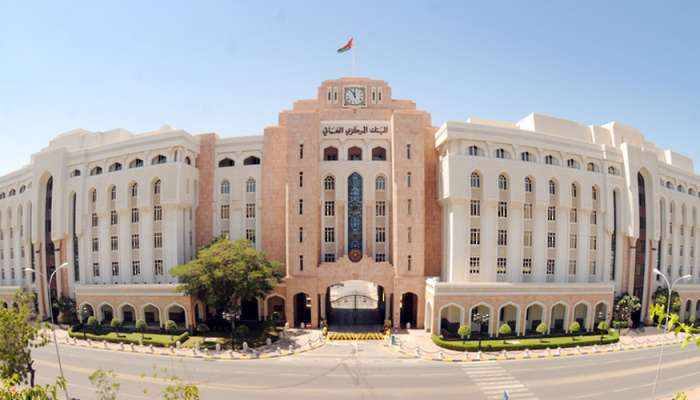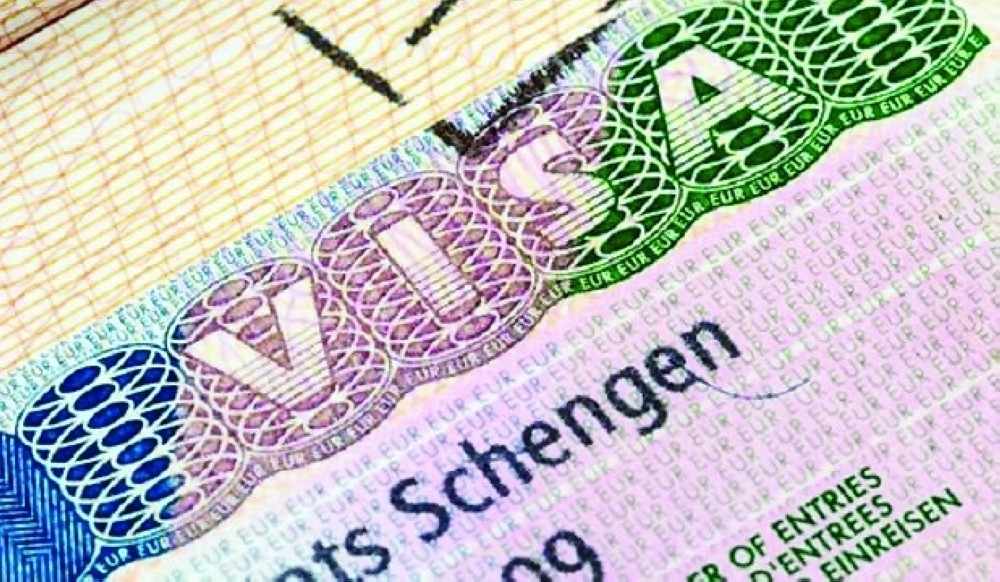Protecting water resources in GCC from climate change
Protecting water resources in GCC from climate change
Despite the lack of conventional water resources, the Gulf Cooperation Council (GCC) countries continued to implement their ambitious economic and social development plans. Except for the Sultanate of Oman, the domestic water supply is highly dependent on desalination of seawater. The surface water resources in all the GCC countries are very limited and have intangible contribution to the water budget due to the prevailing arid climate and topography. The groundwater system in the GCC countries represents a shared, transboundary aquifer system. The groundwater is mostly non-renewable due to the scarcity of rainfall.
The overexploitation of groundwater resources in the GCC countries to meet the surface water deficiency has caused a significant decline in groundwater levels, and abandonment of production wells. The total capacity of desalinated water is estimated as 26.4 billion m3 per year, while the total capacity of wastewater treatment plants is estimated as 10.07 billion m3 per year. Despite the good quality of the treated wastewater, it is still not fully utilised. Under the conditions of climate change, the water-related challenges include, among others, scarcity of rainfall and extended drought periods, lack of groundwater recharge, depletion of aquifers and deterioration of the groundwater quality, acceleration of the seawater intrusion





















